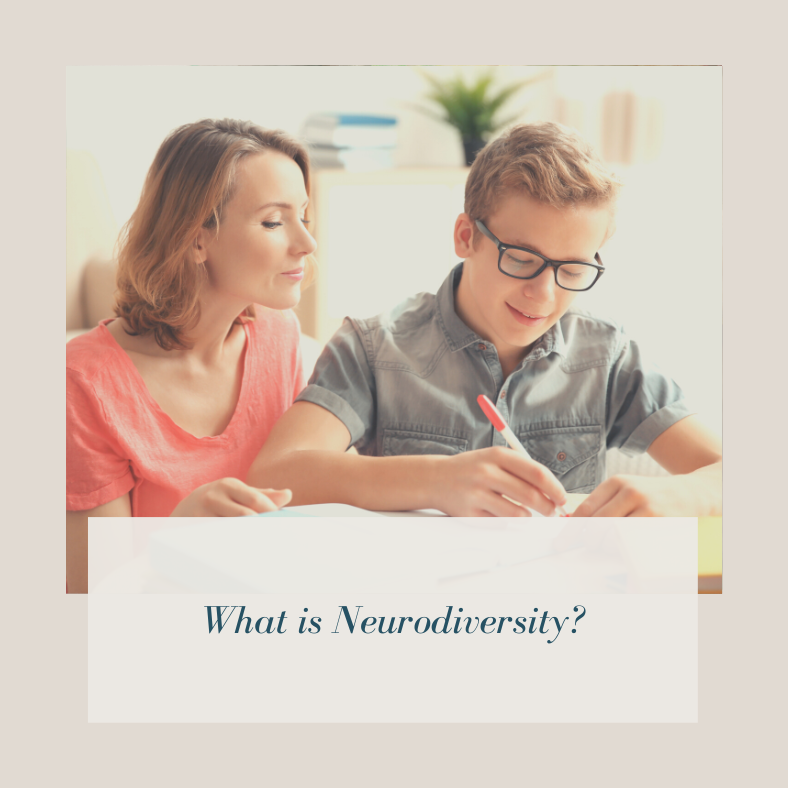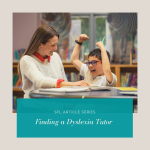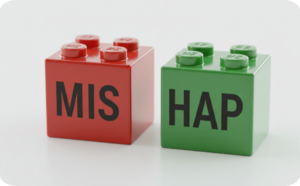No products in the cart.

Neurodiverse learners are individuals who have neurological conditions or differences that affect their learning and cognitive abilities. These conditions include, but are not limited to dyslexia, ADHD, dyscalculia, dyspraxia, and dysgraphia or those on the autism spectrum. Neurodiverse learners may have difficulty with traditional teaching methods, and may require specialized instruction and accommodations to achieve academic success.
Teaching neurodiverse learners requires a different approach than teaching neurotypical students. It is important to understand the specific needs and strengths of each individual learner, and to create a learning environment that is inclusive and accommodating. This may include using visual aids, providing hands-on activities, breaking down tasks into smaller parts, and providing extra time for learners to process information.
Additionally, providing differentiated instruction, metacognitive strategies, and providing opportunities for self-advocacy are important for the success of neurodiverse learners. Many neurodiverse learners have difficulty with traditional teaching methods and may require specialized instruction to achieve academic success.
In summary, neurodiverse learners are individuals with neurological conditions or differences that affect their learning and cognitive abilities, and require specialized instruction, accommodations and a inclusive learning environment.
Learn more about how we support neurodiverse learners or contact us if you have questions.







No comment yet, add your voice below!